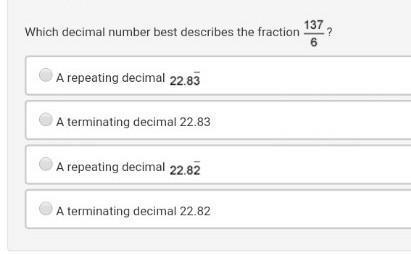
Mathematics, 06.08.2021 01:00 nathangirnet
The Fitzhugh-Nagumo model for the electrical impulse in a neuron states that, in the absence of relaxation effects, the electrical potential in a neuron v(t) obeys the differential equation dv dt = −v[v^2 − (1 + a)v + a] where a is a positive constant such that 0 < a < 1.
(a) For what values of v is v unchanging (that is, dv/dt = 0)? (Enter your answers as a comma-separated list.)
(b) For what values of v is v increasing? (Enter your answer using interval notation.)
(c) For what values of v is v decreasing? (Enter your answer using interval notation.)

Answers: 1


Another question on Mathematics

Mathematics, 21.06.2019 13:30
Jim makes $10.35 per hour. write an equation that jim can use to calculate his pay.
Answers: 3

Mathematics, 21.06.2019 19:30
You are designing a rectangular pet pen for your new baby puppy. you have 30 feet of fencing you would like the fencing to be 6 1/3 feet longer than the width
Answers: 1

Mathematics, 21.06.2019 20:00
The radius of the earth is two times the radius of the moon. what fraction of the volume of the earth is the volume of the moon?
Answers: 1

Mathematics, 21.06.2019 23:30
The area (a) of a circle with a radius of r is given by the formula and its diameter (d) is given by d=2r. arrange the equations in the correct sequence to rewrite the formula for diameter in terms of the area of the circle.
Answers: 1
You know the right answer?
The Fitzhugh-Nagumo model for the electrical impulse in a neuron states that, in the absence of rela...
Questions










Geography, 29.09.2019 00:10






Geography, 29.09.2019 00:10



Geography, 29.09.2019 00:10





